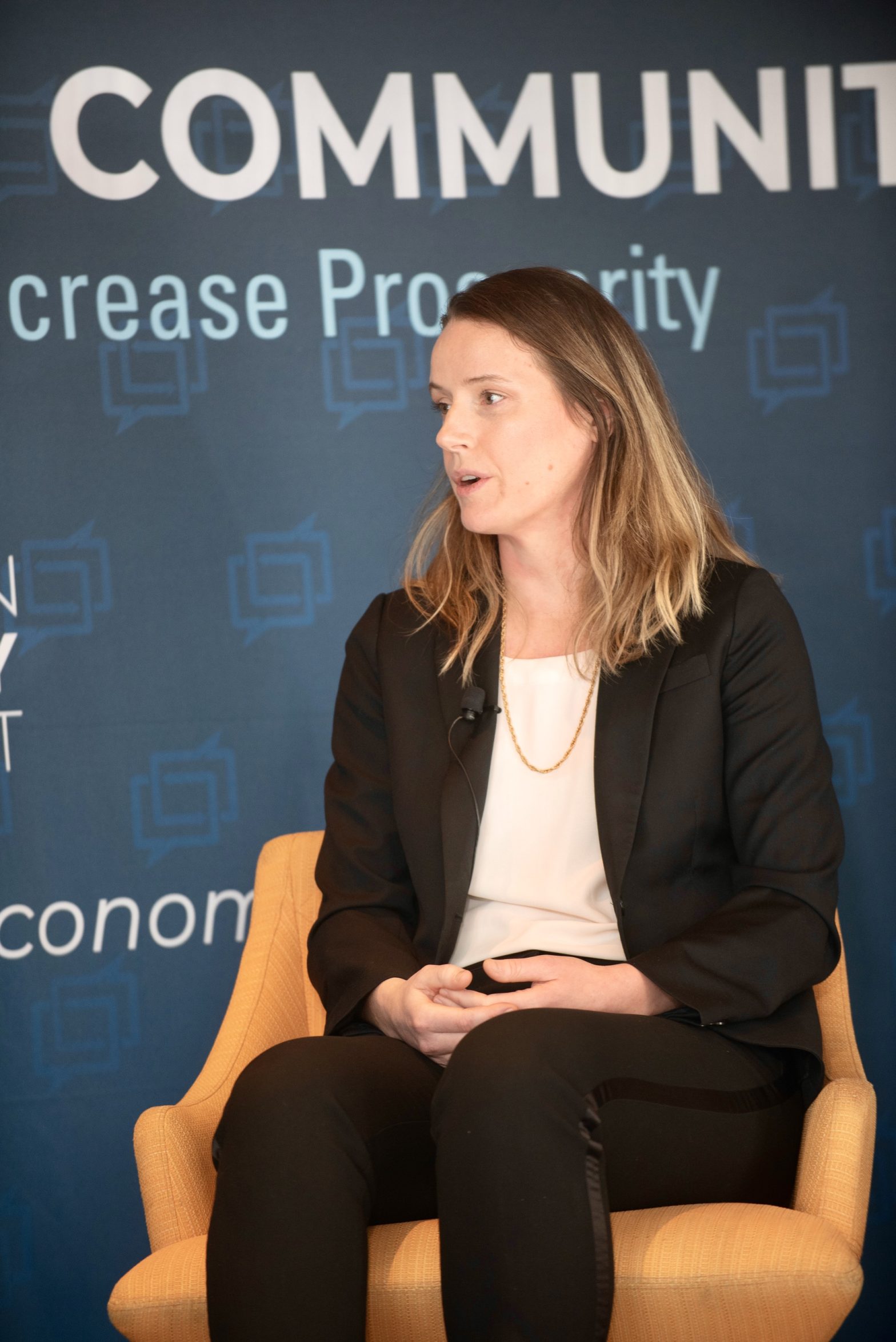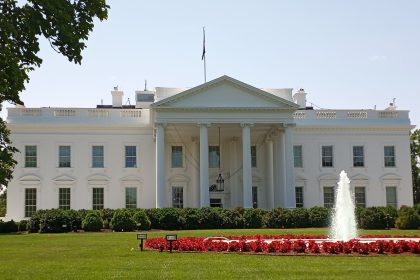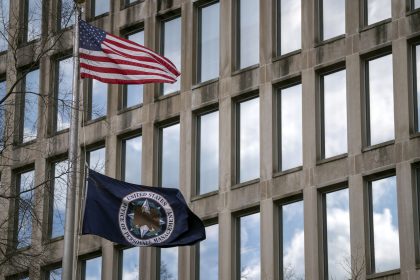The Rise of Contractors Screams Out for a Rethinking of Policy

WASHINGTON — Hard as it may be to believe, a revolution really did take place while we were all inside, hoping the dark, early shadow of COVID-19 would somehow pass us by.
According to Liz Wilke, principal economist with Gusto, a payroll, benefits and HR platform for small- and medium-sized businesses, the pandemic effectively compressed 20-30 years of entirely natural economic transformation “into a very small space.”
“And I think that’s why everything still feels sort of hectic and a little bit uncertain,” she told attendees at the recent “Building Resilient Communities: Leveraging Employers to Increase Prosperity,” an event hosted by The Well News and co-sponsored by the Modern Economy Project and TechNet.
Technology was already transforming the relationship between businesses and workers, and the relationship of both with the larger economy, Wilke explained. But with the pandemic, orderly transformation was suddenly out the window.
“Suddenly what you had was a digital economy in which it became far easier for people to find alternative forms of work, and one in which employers found themselves more vulnerable than ever before to a shock-heavy world.”
Speaking onstage with moderator Cori Kramer, of The Well News, Wilke likened the situation to Academy Award nominated sci-fi film “Everything Everywhere All at Once,” in which an interdimensional rupture unravels reality.
“You had all of this change coming together sort of all at once and the net result was a kind of renegotiation of the traditional employee/employer relationship around which so much of our national labor policy is based,” she said.
Perhaps the biggest, lasting change has been the rise of independent contractors, an entity often seen in the past as a business unto itself.
But Wilke said because so much has happened in such a short time, the narrative for what’s happened is largely based on first- and even false-impressions.
“For instance, there’s a lot of IRS and other literature out there that hasn’t really quantified a huge increase in the number of people who contract, full-time,” she said. “In a lot of people’s minds, that’s what happened, though there’s little to suggest that’s true.
“On the other hand, the researchers and authors of this literature have seen a pretty substantial increase in the number of people who contract part-time, or who have ever contracted,” Wilke continued.
“What that’s telling us is that there’s been a big bump in people with full-time jobs or maybe several part-time jobs, who are now doing an additional side gig, turning more and more to contracting,” she said.
In a survey of over 1,000 small businesses conducted in 2020, just as the pandemic was sweeping through the economy, Gusto found 33% of employers said it would be very difficult to run a profitable business without independent contractors.
Even more eye-opening was the fact nine-in-10 small businesses said they were going to continue to use contractors at the same or an increased level going forward.
“In short, the rise in contracting has forced employers to start thinking about the pillars of their workforce,” Wilke said. “It used to be that you had a certain number of employees and each did specific things for you. They kept the culture together. They understood where their employers were going and made a majority of its products.
“Today, the prevalence of available contractors has employers thinking in more of a modular way about their workforce strategies,” she said. “In other words, they’re thinking less about finding a person who can do six things, and instead looking at the six things that need to be done and then asking themselves, ‘How can I find the best person to contract each of these things out to?’”
“That’s a big change,” Kramer said, and it was one that led her to a larger question: How all this will affect labor policy going forward.
“The truth is, the situation you’re describing doesn’t sound an awful lot like the story the media tells about our economy. That being the case, how do we begin to reconnect policymakers here in D.C. with the economic realities your seeing?” she said.
Wilke suggested two “big” things need to be done.
“The first thing that has to happen is that we really need to talk about the story that we’ve told ourselves for decades, which is that the employee/employer relationship is the best work relationship that can be had,” she said. “Part of that prevailing idea was the notion that if you were an independent contractor, then you were probably being exploited.”
“Once we work that out — and, no doubt, continue to shift away from the centrality of the employee/employer relationship — then we can really start working on the new, contractor economy from a policy perspective,” Wilke said. “I mean, right now, a majority of independent contracts are being treated as single-person businesses. And in some ways, that’s valid and will continue to be so.
“At the same time, we’re talking about people who …. you know … need to work,” she said.
“So from a policy perspective, what we need to start thinking about is how to make independent contractors sort of a special class within our labor law,” Wilke said.
Dan can be reached at [email protected] and @DanMcCue























